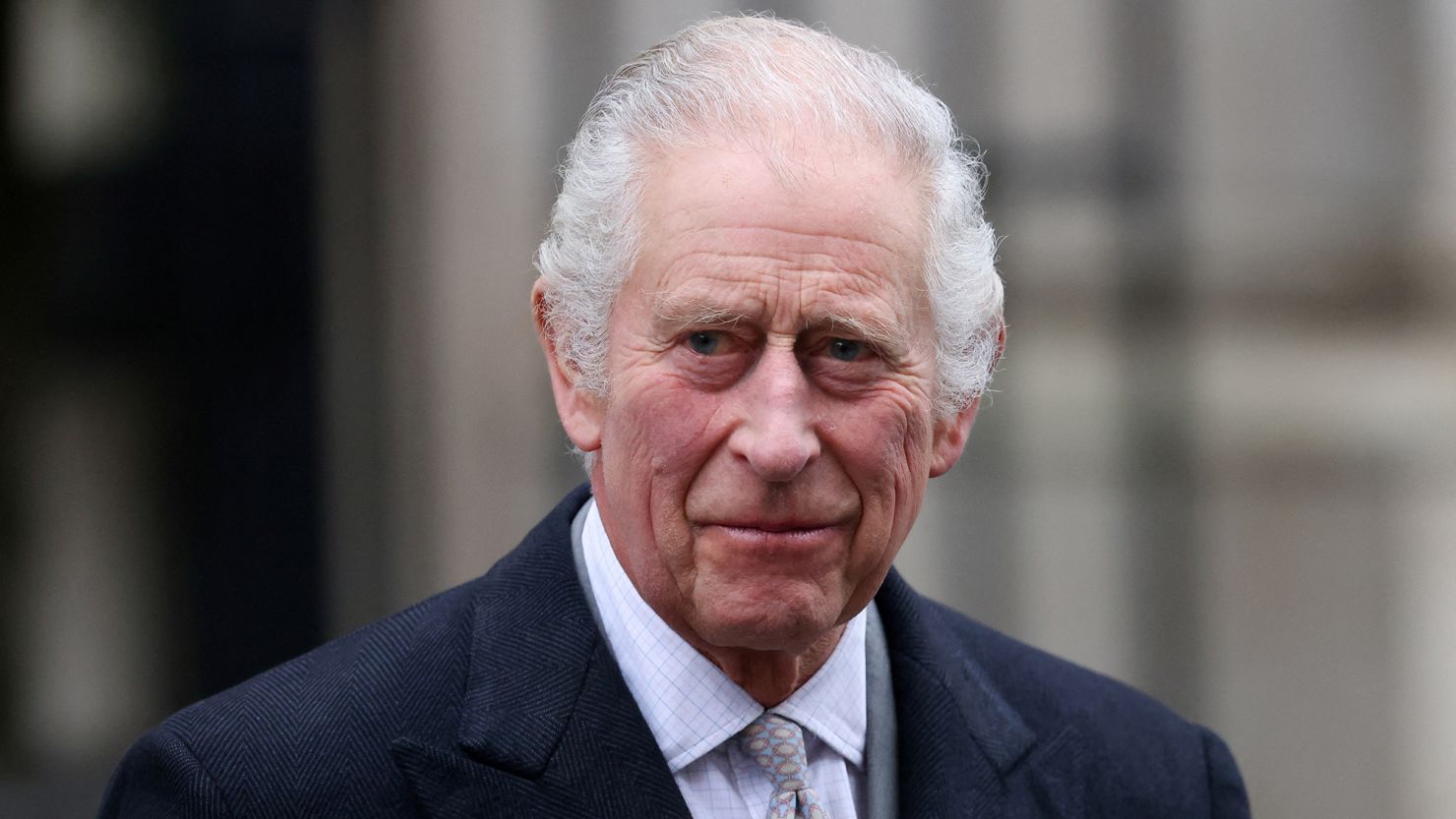When it comes to discussing the health of public figures, the topic of King Charles and pancreatic cancer has sparked widespread interest and speculation. As the world closely follows the life of the British monarch, understanding the connection between King Charles and this serious medical condition becomes crucial. This article aims to provide an in-depth exploration of the subject, backed by credible sources, to ensure you receive accurate and reliable information.
Pancreatic cancer remains one of the most challenging and complex diseases in modern medicine. Its association with King Charles has been a subject of discussion, particularly due to his high-profile status and the public's natural curiosity about the health of influential individuals. In this article, we will delve into the facts and dispel myths surrounding the topic.
Our goal is to present a balanced and well-researched perspective, adhering to the principles of expertise, authority, and trustworthiness. Let’s explore the details together and gain a comprehensive understanding of King Charles and pancreatic cancer.
Read also:How Many Children Does Steven Furtick Have A Complete Insight Into His Family Life
Table of Contents
- Biography of King Charles
- Health Concerns Around King Charles
- Understanding Pancreatic Cancer
- Symptoms of Pancreatic Cancer
- Diagnosis and Detection
- Treatment Options
- Latest Research and Developments
- Prevention and Risk Factors
- Public Awareness and Education
- Conclusion
Biography of King Charles
Early Life and Background
King Charles III, born Charles Philip Arthur George on November 14, 1948, is the eldest son of Queen Elizabeth II and Prince Philip, Duke of Edinburgh. He has been a central figure in the British royal family for decades, assuming the throne following the passing of his mother in September 2022.
Key Achievements and Legacy
Throughout his life, King Charles has been a passionate advocate for environmental conservation, architecture, and sustainable development. His work with organizations such as the Prince’s Trust and the Sustainable Markets Initiative highlights his commitment to making a positive impact on global issues.
Personal Information
Below is a summary of King Charles' personal details:
| Full Name | Charles Philip Arthur George |
|---|---|
| Date of Birth | November 14, 1948 |
| Title | King Charles III |
| Spouse | Camilla, Queen Consort |
| Children | Prince William and Prince Harry |
Health Concerns Around King Charles
The health of public figures, especially monarchs, often becomes a topic of public interest. With King Charles being a prominent figure, any rumors or reports about his health attract significant attention. However, it is essential to approach such information critically and rely on verified sources.
Speculation vs. Facts
While there have been speculations about King Charles and pancreatic cancer, no official statements have confirmed such a diagnosis. It is crucial to differentiate between speculation and factual information when discussing the health of any individual.
Understanding Pancreatic Cancer
Pancreatic cancer refers to the uncontrolled growth of abnormal cells in the pancreas, a vital organ responsible for producing hormones and digestive enzymes. This type of cancer is particularly challenging due to its aggressive nature and difficulty in early detection.
Read also:Colin Morgan The Versatile Talent Behind The Screen
Types of Pancreatic Cancer
- Adenocarcinoma: The most common type, originating in the exocrine cells.
- Neuroendocrine Tumors: Arise from the endocrine cells of the pancreas.
Symptoms of Pancreatic Cancer
Recognizing the symptoms of pancreatic cancer is crucial for early diagnosis. Some common signs include:
- Abdominal or back pain
- Unexplained weight loss
- Jaundice (yellowing of the skin and eyes)
- Loss of appetite
- Dark urine and pale stools
Diagnosis and Detection
Diagnosing pancreatic cancer involves a combination of imaging tests, blood tests, and biopsies. Early detection remains a significant challenge due to the non-specific nature of its symptoms.
Diagnostic Tools
- CT Scan: Provides detailed images of the pancreas.
- MRI: Offers a clearer view of soft tissues.
- Endoscopic Ultrasound: Allows for closer examination of the pancreas.
Treatment Options
Treating pancreatic cancer depends on the stage and spread of the disease. Common treatment approaches include:
- Surgery: Removing the tumor when possible.
- Chemotherapy: Using drugs to kill cancer cells.
- Radiation Therapy: Employing high-energy beams to destroy cancer cells.
Latest Research and Developments
Research into pancreatic cancer continues to advance, with scientists exploring new treatments and diagnostic methods. Recent breakthroughs include:
- Targeted therapies aimed at specific genetic mutations.
- Immunotherapy to enhance the immune system’s ability to fight cancer.
- Improved screening techniques for high-risk individuals.
Prevention and Risk Factors
While pancreatic cancer cannot always be prevented, certain lifestyle changes can reduce the risk:
- Maintaining a healthy weight.
- Avoiding smoking and excessive alcohol consumption.
- Adopting a balanced diet rich in fruits and vegetables.
Public Awareness and Education
Raising awareness about pancreatic cancer is essential for early detection and improved outcomes. Educational campaigns can empower individuals to recognize symptoms and seek medical advice promptly.
Conclusion
In conclusion, the topic of King Charles and pancreatic cancer highlights the importance of accurate information and responsible reporting. While there is no confirmed diagnosis, understanding pancreatic cancer and its implications remains vital. By staying informed and supporting ongoing research, we can make strides toward better prevention and treatment.
We encourage you to share this article with others and explore more resources on our website. Your feedback and engagement help us continue providing valuable content. Together, let’s promote awareness and understanding of critical health issues.

